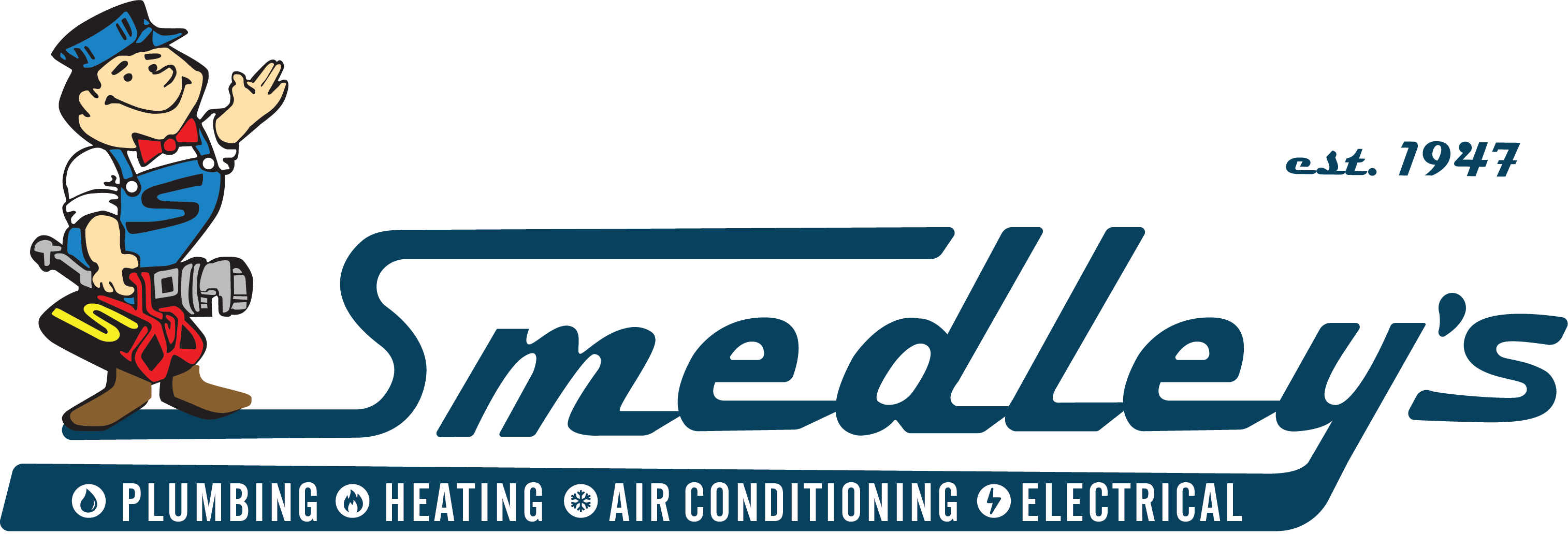
Backflow testing is a process by which your plumbing is evaluated to ensure proper flow and function, preventing contaminated water from flowing back into your clean water supply. While plumbing is mostly an “out of sight, out of mind” element in your home, problems do arise that likely need immediate attention to prevent water damage.
Plumbing and Potential for Water Contamination
With backflow-testing, your plumbing system is evaluated to ensure that drinking water is not being contaminated. A qualified plumber will ensure that water in your home is flowing in the right direction, and that none of your clean water has come in contact with dirty, tainted water.
Water from contaminated sources can enter your system from the ground, septic tanks, pools, and other water receptacles through damaged pipes. This water leaves you and your loved ones exposed to a dangerous cocktail of both chemical and natural toxins being introduced into the water that you use to bathe, cook, and drink.
What Causes Backflow?
Backflow can occur in your system due to a drop in water pressure. Pressure levels can drop due to a variety of situations. Heavy use from a public source like a fire department, damage done to municipal supply lines, and pump failures can all cause backflow into your system.
Federal and state laws require that backflow prevention devices are tested at least once annually to make sure they continue to protect your home from contaminated water. A qualified plumbing professional will know about these federal and state statutes, and they will be able to provide you with valuable advice on maintaining and protecting your system from potential backflow issues.
Reasons Why Backflow Testing Is Important
Backflow testing is important for a number of reasons. Maintaining your plumbing system at regular intervals throughout the year will make your whole home more efficient and sanitary.
Safety
Contaminated or tainted water can lead to a host of health problems for you and your family, including:
• Diarrhea
• Fever
• Stomach cramps
• Vomiting
• Dehydration
• Headaches, blurred vision
• Shortness of breath
• Rapid heart rate
All of these symptoms are serious, and medical attention is necessary to prevent additional health consequences from occurring. Have your water tested before continuing to use it to rule out contamination and exposure to harmful microbes and pathogens that can quickly destroy your health.
Compliance
Local plumbing codes and federal statutes require regular backflow testing to make sure that your home remains in compliance with health and safety standards. Failing to follow these statutes could make it difficult to maintain and upgrade your system. Licensed plumbers require that you stay up to code as part of a regular care and maintenance plan.
Insurance Coverage
Many homeowners insurance policies also require proof of backflow testing on a regular basis to continue providing coverage on your home. Ask your insurance company how often it needs proof of testing as well as what type of testing is required to maintain coverage on your home.
Prevention of Costly Repairs
Standard backflow testing can detect other issues with your plumbing system, such as leaky pipes, broken fittings, or corroded fixtures. All of these issues should be fixed before they cause additional damage and even catastrophic failure of your plumbing system.
What Does the Backflow Testing Process Look Like?
A typical backflow test starts with isolating the backflow prevention device. Your plumbing professional will isolate the backflow prevention device from the rest of your system so it can be tested independently.
Next, the device’s position will be evaluated to make sure it is installed and in the correct position for proper backflow prevention. Your plumber will simulate a backflow situation by introducing a higher pressure on the downstream side of the device. If your device is performing correctly, it should easily be able to prevent water from flowing back into your clean water supply.
Testing of the relief valves is necessary to make sure that they are keeping your system tightly controlled. After testing is complete, your plumber will provide you with a report of your system performance. If performance is not up to par, your plumber will likely suggest repairs and adjustments to improve your system and bring it back into compliance.
With proper backflow measures in place, you should be able to enjoy clean, sanitary water for various uses in your home. Smedley Service has strategies and solutions for ensuring that you and your family have clean, safe plumbing in your home. Providing valuable services to clients in Layton and the surrounding area, we offer heating and cooling repair, installation, maintenance services, pipe repair and installation, plumbing services, and backflow testing. Contact us today for a thorough assessment of your plumbing and backflow system to ensure your family’s continued health and safety.




